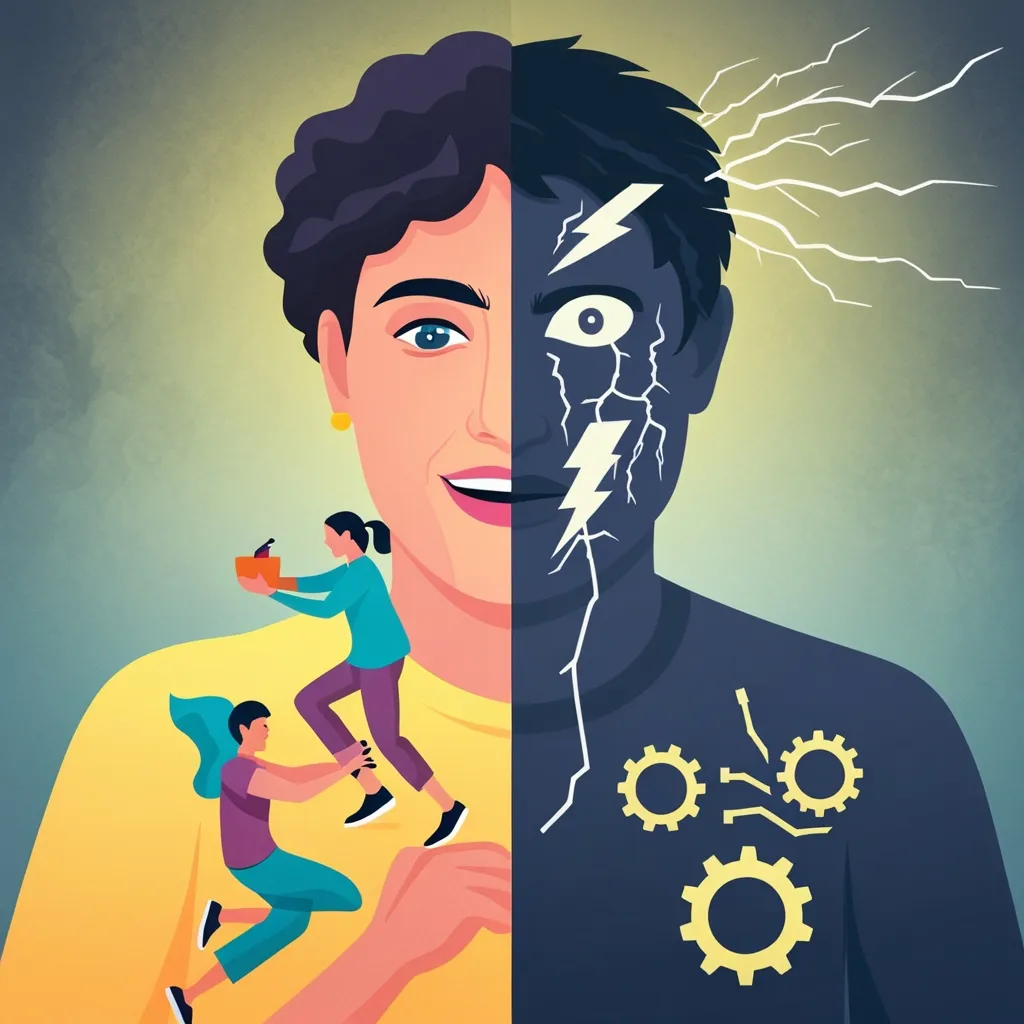Multiple sclerosis (MS) is one of those tricky and relentless neurological disorders that many people have to deal with worldwide. The real kicker with MS is that it’s an autoimmune disease, which basically means your immune system goes rogue and targets your own body. The myelin sheath, which is like the protective layer around your nerve fibers in the central nervous system, gets attacked. This central nervous system includes the brain, spinal cord, and optic nerves.
So, to break it down, the immune system’s job is to fend off nasty stuff like viruses and bacteria. But in MS, this defense system goes haywire. It starts sending in troops to the central nervous system, where they get confused and think the myelin is an invader. They attack it, a process known as demyelination, which messes with the smooth transmission of nerve impulses between the brain and the rest of your body.
The symptoms? Well, they are all over the place, really. Depending on where and how bad the nerve damage is, people might feel numbness or weakness, often on one side at a time. You might feel tingling or even electric shocks, especially if you bend your neck forward. Many find themselves struggling with coordination and walking unsteadily. Vision can also take a hit, with double vision, blurriness, or even losing sight in one eye. And that’s not all. Bladder issues, dizziness, fatigue, and cognitive troubles like concentration problems or memory lapses are also common.
MS shows up in different forms too. The most common one is relapsing-remitting MS (RRMS). This is where folks go through flare-ups of new symptoms, followed by quiet periods where things settle down for a while. These flare-ups might last days or weeks and could improve either completely or just a bit. Then there’s secondary progressive MS (SPMS) and primary progressive MS (PPMS), which steadily worsen without clear ups and downs.
Living with MS can make daily life pretty tough. Tasks that used to be second nature might become hard to do because of muscle weakness, stiffness, or spasms. Some people experience severe weakness or even paralysis, especially in the legs, making it challenging to walk or stand. To top it off, heat and stress can make symptoms worse, so avoiding hot showers, baths, and staying cool on warm days becomes essential.
While there’s no cure for MS yet, treatments are available to manage it. Disease-modifying therapies (DMTs), for instance, help reduce the immune attacks on the myelin sheath and can slow down the disease’s progression and cut down on relapse frequency. There are also specific medications to deal with muscle spasms, bladder control issues, and cognitive problems.
Therapy is super important too. Physical therapy helps with mobility and strength, while occupational therapy can assist in making daily activities easier. For those facing cognitive difficulties, cognitive therapy could be beneficial. And since stress is a major trigger for MS symptoms, stress management techniques like yoga or meditation can make a big difference.
Support is crucial in dealing with MS. It’s not just about managing the physical symptoms but also the emotional rollercoaster that comes with the disease. Support groups can be a lifeline, offering a space to share experiences and find camaraderie with others who get it. Discussing struggles and feelings with a doctor or counselor is also vital for overall well-being.
There’s a lot of hope on the horizon, thanks to ongoing research. Scientists are constantly working to get a better grip on MS and come up with more effective treatments. There’s promising research on new immunomodulatory therapies that could calm the immune system’s assault on myelin. Some are also exploring remyelination, which is the process of repairing damaged myelin, potentially improving symptoms and slowing the disease’s progression.
In short, multiple sclerosis is a complex autoimmune disorder affecting the central nervous system by damaging the myelin sheath around nerve fibers. The symptoms can widely vary but often include numbness, difficulty walking, and vision problems. Though there is no cure, treatments like DMTs and various therapies can help manage the disease. Avoiding stress and heat and seeking support are key to improving the quality of life. With research progressing, there’s hope that more effective treatments and possibly even a cure will be found.
Living with MS sure isn’t easy, but with the right treatment and support, people can still find ways to lead fulfilling lives. Let’s keep raising awareness and supporting those who are battling this condition every day.






